Resarcher's Awards
-
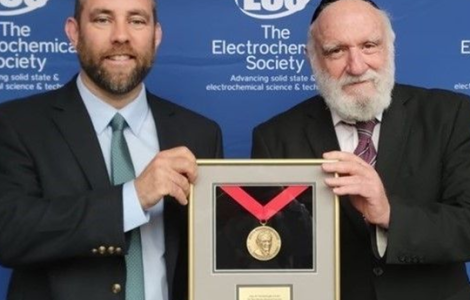 Global Recognition Prof. Doron Aurbach
Global Recognition Prof. Doron Aurbach -
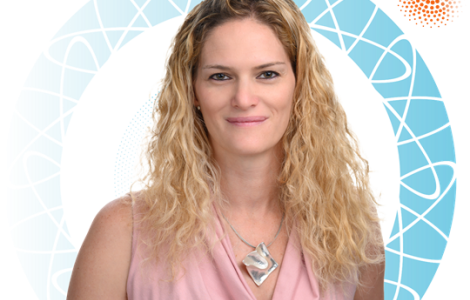 ERC Proof of Concept Dr. Nitzan Gonen
ERC Proof of Concept Dr. Nitzan Gonen -
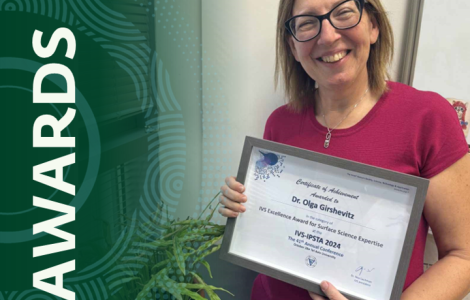 Dr. Olga Girshevitz has been awarded the Excellence Award at the IVS Conference
Dr. Olga Girshevitz has been awarded the Excellence Award at the IVS Conference -
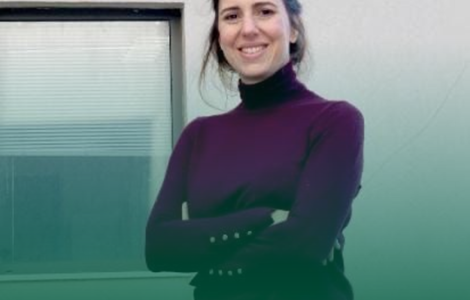 ISF “Mavri” grant Dr. Moran Yadid
ISF “Mavri” grant Dr. Moran Yadid -
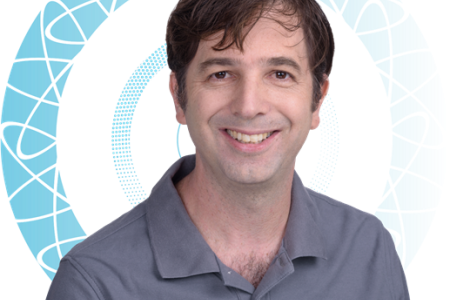 Horizon Europe Prof. Ayal Hendel
Horizon Europe Prof. Ayal Hendel -
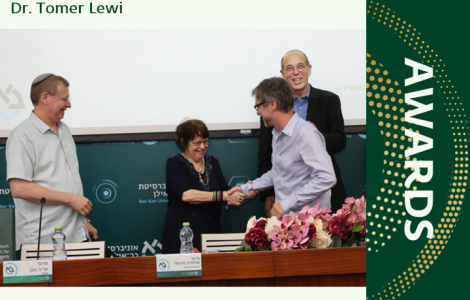 Dr. Lewi was awarded for his research
Dr. Lewi was awarded for his research -
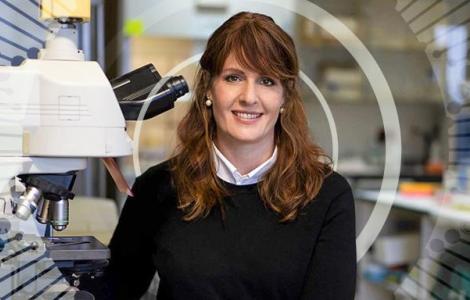 EIC grant for nanoparticle-based Prof. Rachela Popovatzer
EIC grant for nanoparticle-based Prof. Rachela Popovatzer



